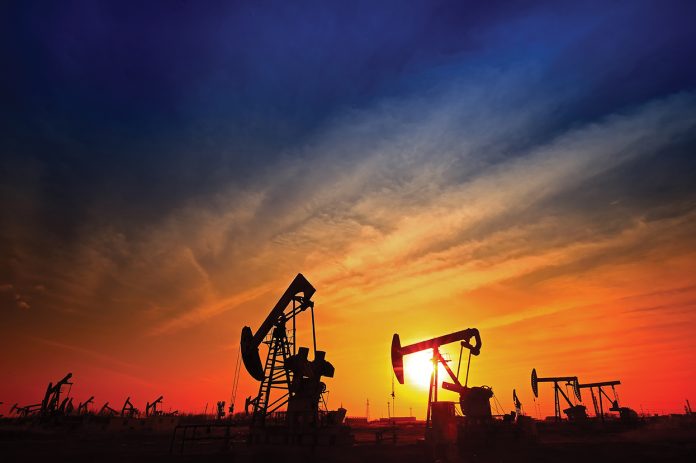
If you’re interested in Texas history or just want a fun and interesting trip, I would suggest visiting the these Must-See Texas Oil Museums to learn more about the oil industry.
Oil and natural gas are arguably the most important product in the world. In 2019 there were 96 countries in the world producing oil and natural gas. World statistics in 2018 show that over 55% of world energy production comes from oil and natural gas. The world’s economy would not function without oil and natural gas production. The oil business is not only important to the economy, but it is a huge part of Texas history.
Must-Visit Museums : Petroleum Museum Texas
My first suggestion would be the Permian Basin Petroleum Museum in Midland. I may be slightly prejudiced since I lived in Midland for 30 years and visited the Petroleum Museum Texas numerous times. However, it’s a great place full of interesting exhibits about the Permian Basin and the industry. The Permian Basin is the largest oil-producing area in the United States. The grounds of the museum host a large collection of drilling rigs and other oil field equipment. For those who are still skeptical that Midland would be a great vacation idea, may I remind you that Midland is a great jumping-off point for and is the closest commercial airport to Fort Davis, Alpine, Marfa and the Big Bend area.
Learn About Oil and Gas : Visit Kilgore Oil Museum
My next suggestion for a Must-See Texas Museum, is to visit the East Texas Oil Museum in Kilgore. This museum is a little lighter on exhibits detailing the technical parts of the oil industry and a little heavier on the local history than the Permian Basin Museum, but you will get both items at each museum. The East Texas oil field is the primary focus of the museum. That field was considered the largest field in the United States for many years, and it was a major contributor to the allied victory in World War II because of the tremendous amounts of oil produced from that field during the war. Downtown Kilgore has what was once known as the world’s richest acre because of the proliferation of oil wells drilled there. Last time I was there, they also had a few good restaurants and interesting shops.
Museums for Education : Ocean Star Museum Galveston
The next museum is the Ocean Star Museum in Galveston. This museum is different in a couple of ways. First, I have never personally been to this museum, but have heard good reports from a number of people who have. Most importantly, this museum is geared toward the offshore oil and gas industry instead of onshore production. This museum is inside a retired jack-up drilling rig. For secondary attractions, if you need to keep your kids or grandkids happy, Galveston has beaches, history and various tourist attractions.
Top Museums to Explore : Boomtown Museum in Beaumont
When people think of oil in Texas, they often think of Spindletop. The Spindletop/Gladys City Boomtown Museum in Beaumont commemorates the first big discovery that made oil a major part of Texas lore — both fact and fiction. This museum emphasizes where it all started and is affiliated with Lamar University.
The four museums mentioned above are all primarily about oil. However, as huge a part of Texas life as oil is, many museums have important exhibits and major portions of the museum devoted to oil and natural gas history. Here are some that are worth visiting that are Must-See Texas Museums and located in major Texas cities: Fort Worth Museum of Science and History, Wiess Energy Hall (Houston), Museum of Natural Science, Bob Bullock Texas State History Museum (Austin) and the Perot Museum of Nature and Science (Dallas). Learning about oil is not only educational and interesting, but also a good way to see some fascinating and historic parts of Texas.
About the author: David Porter has served as a Railroad Commissioner (2011–17) and Chairman
(2015–16), as well as Vice Chairman of the Interstate Oil and Gas Compact Commission (2016). Prior to service on the Commission, Porter spent 30 years in Midland, Texas, as a CPA working with oil and gas producers, service companies and royalty owners. Since leaving the Commission, Porter works as a consultant for oil and gas companies. He also serves as Chairman of the 98th Meridian Foundation, a nonprofit concerned with water, energy and land issues.















Thank you for your excellent report. My son is in Dallas and I was looking for a museum of oil and gas in Texas there, thinking it would be very interesting history (we love history). I really enjoyed reading your recommendations, thank you.